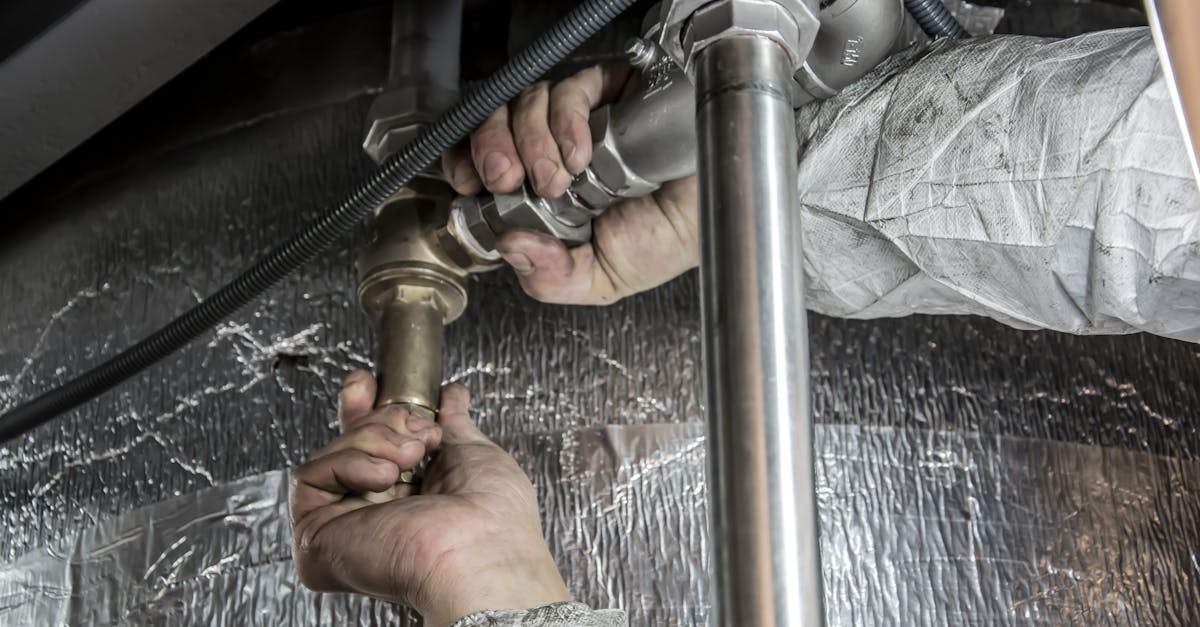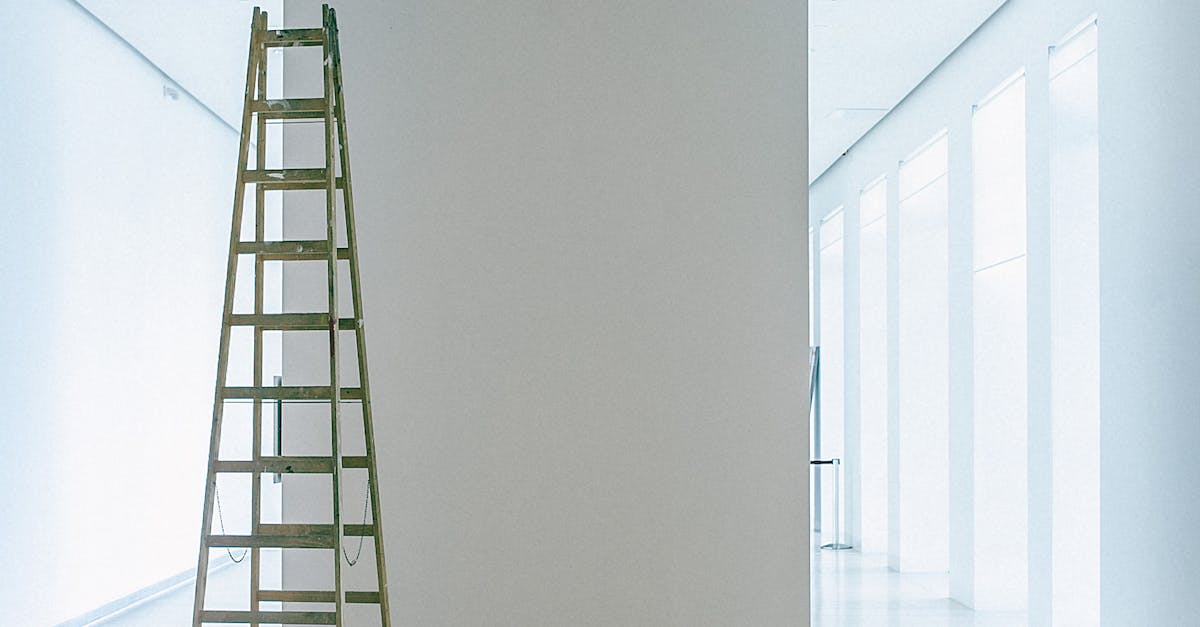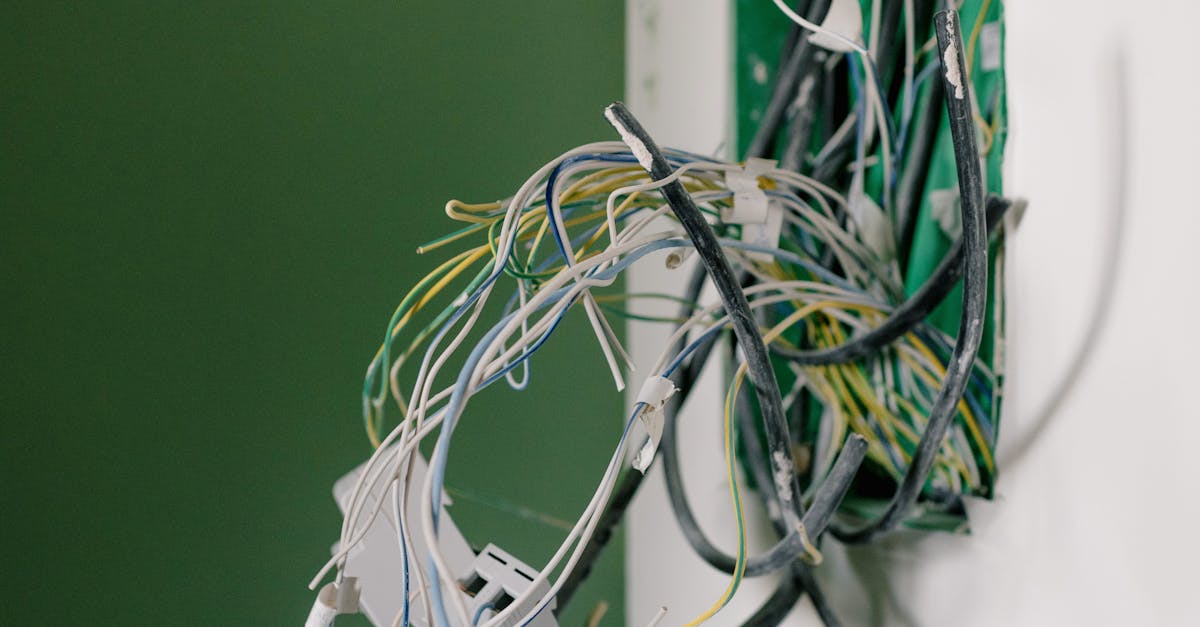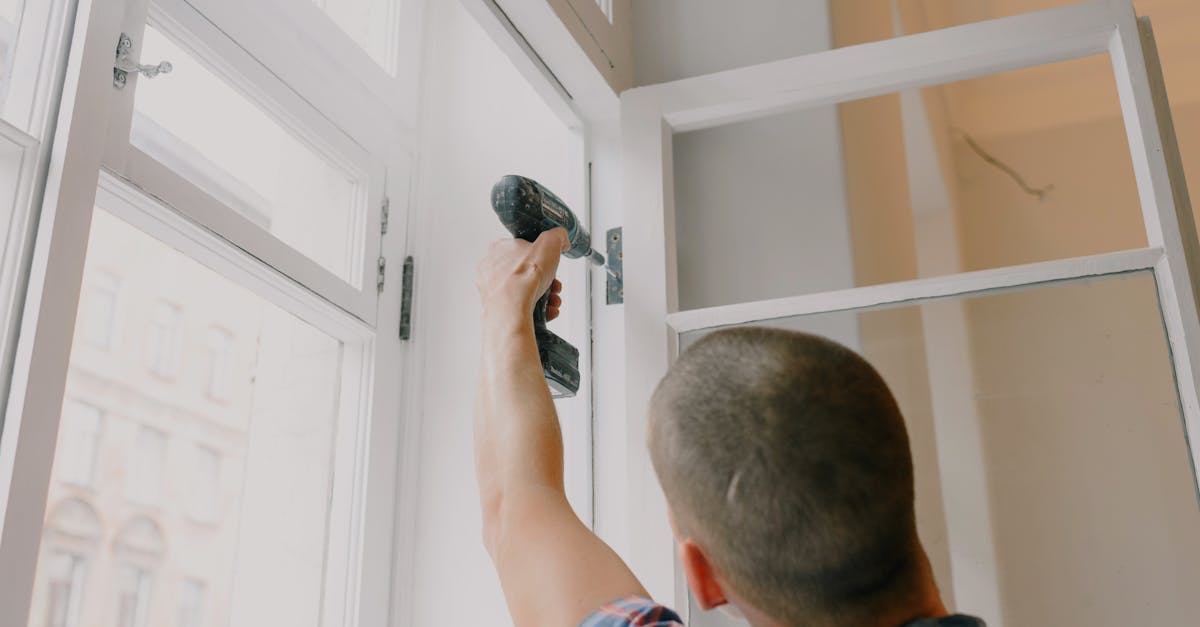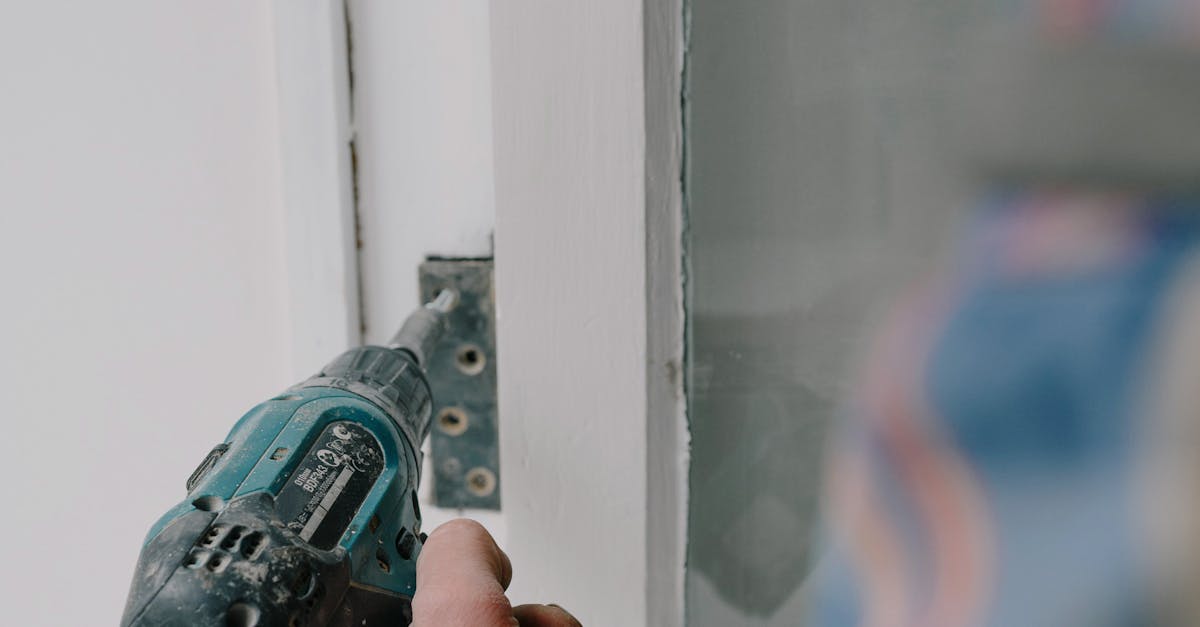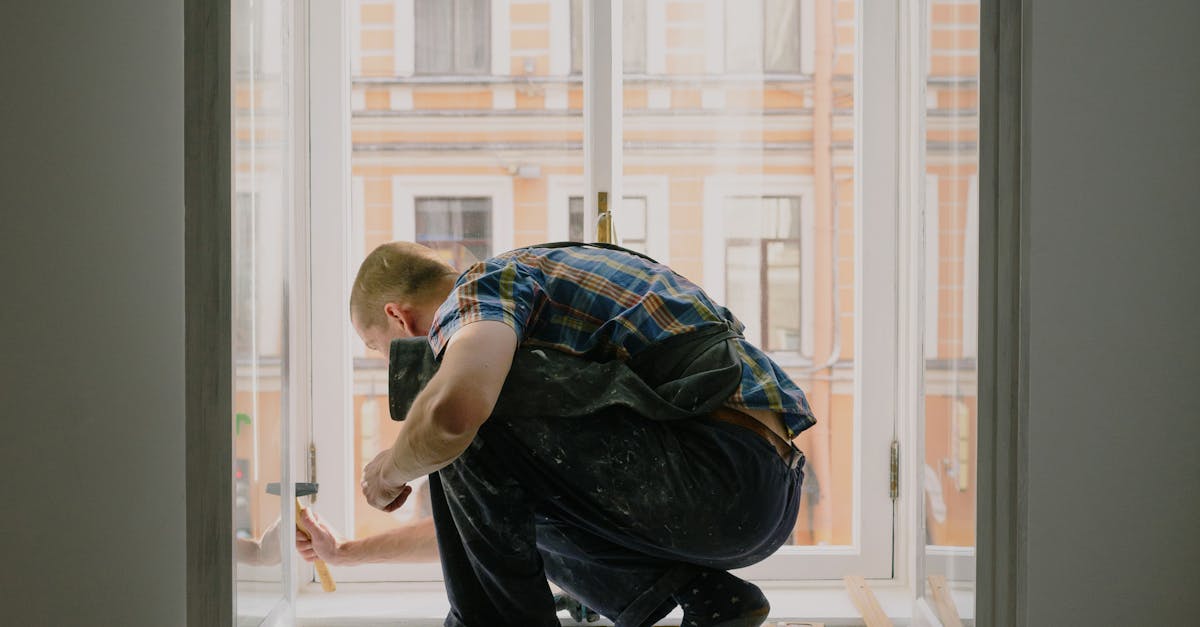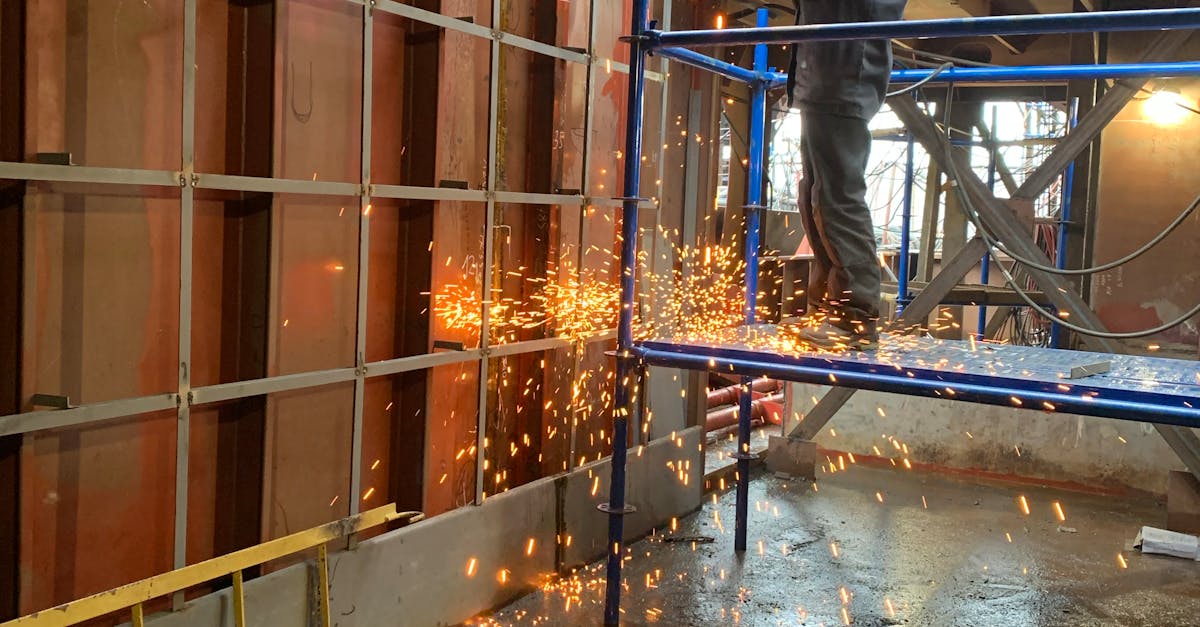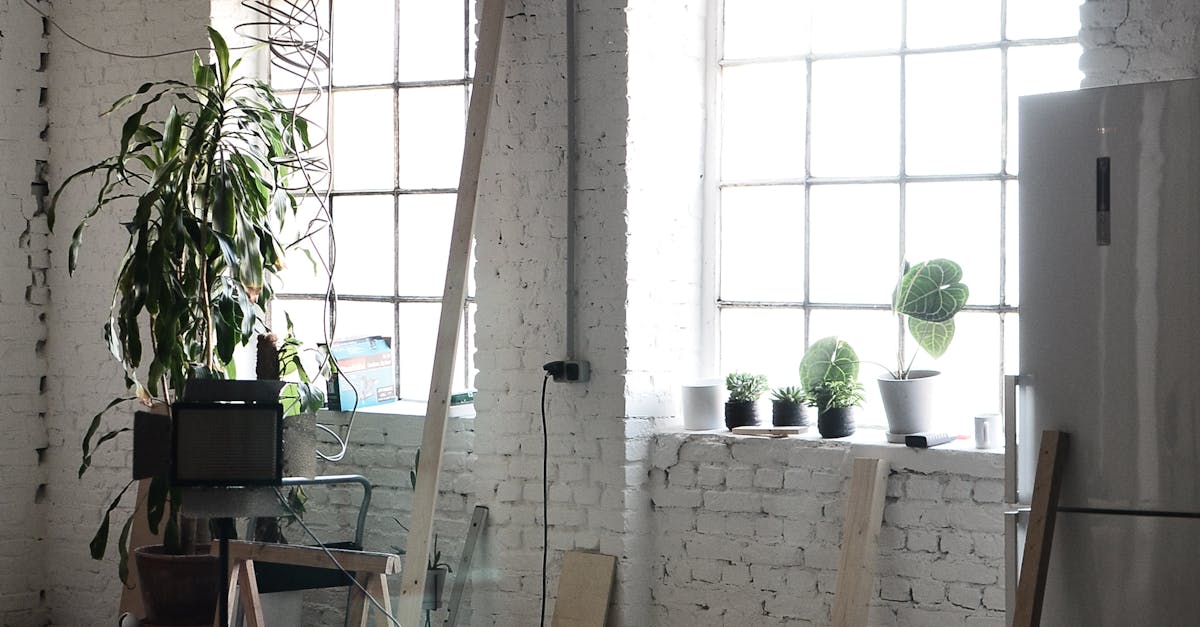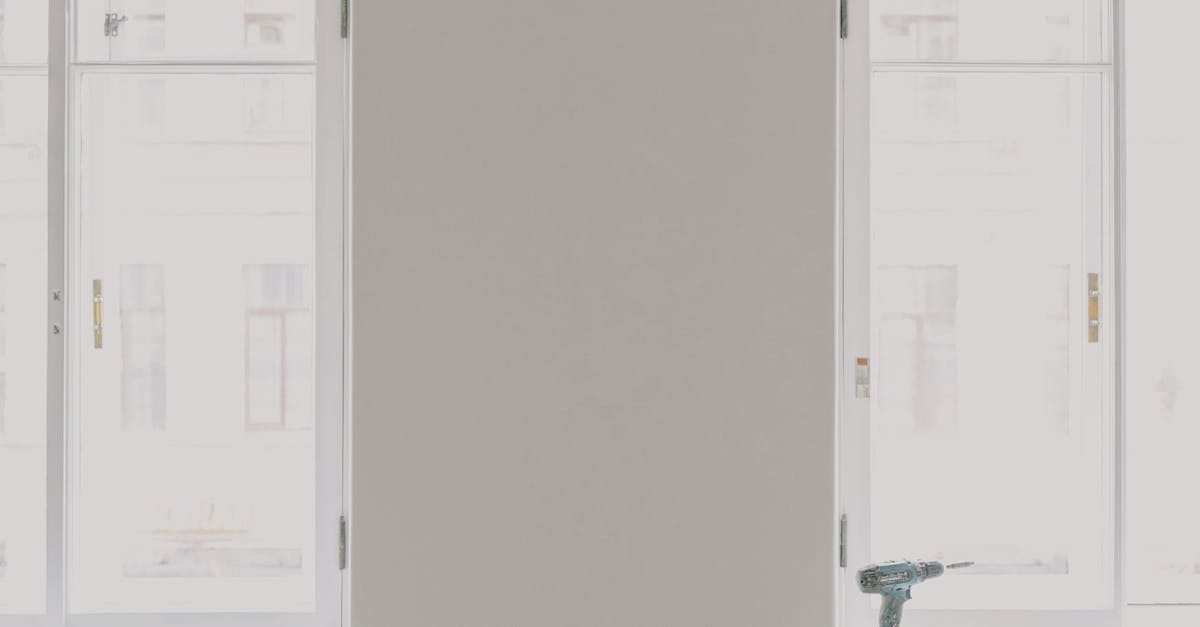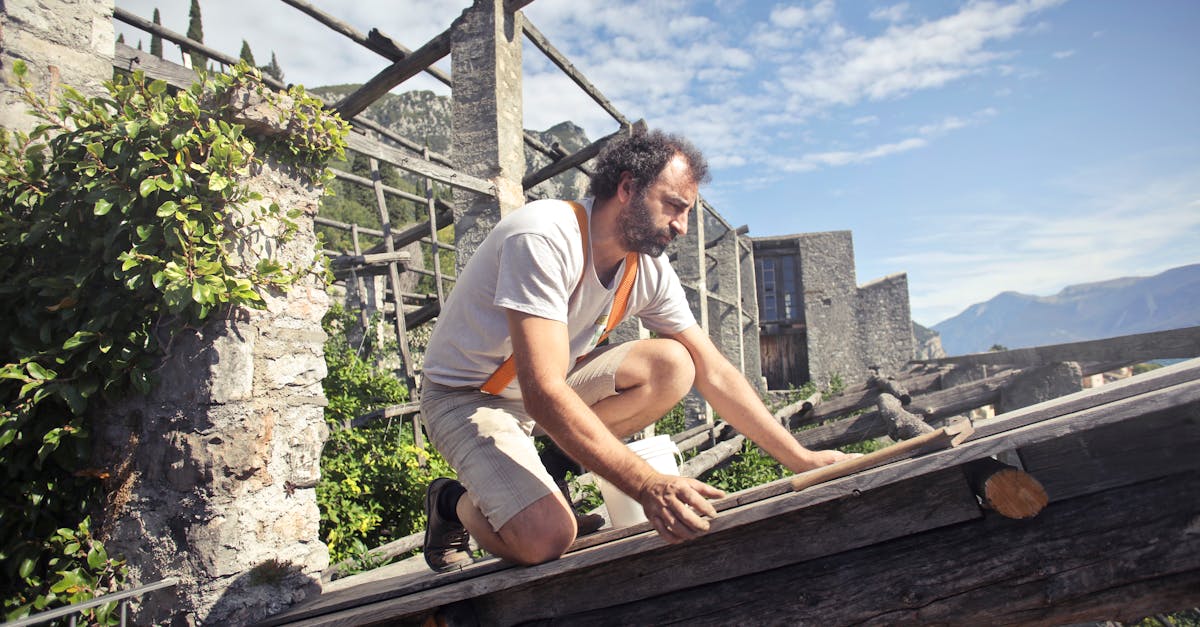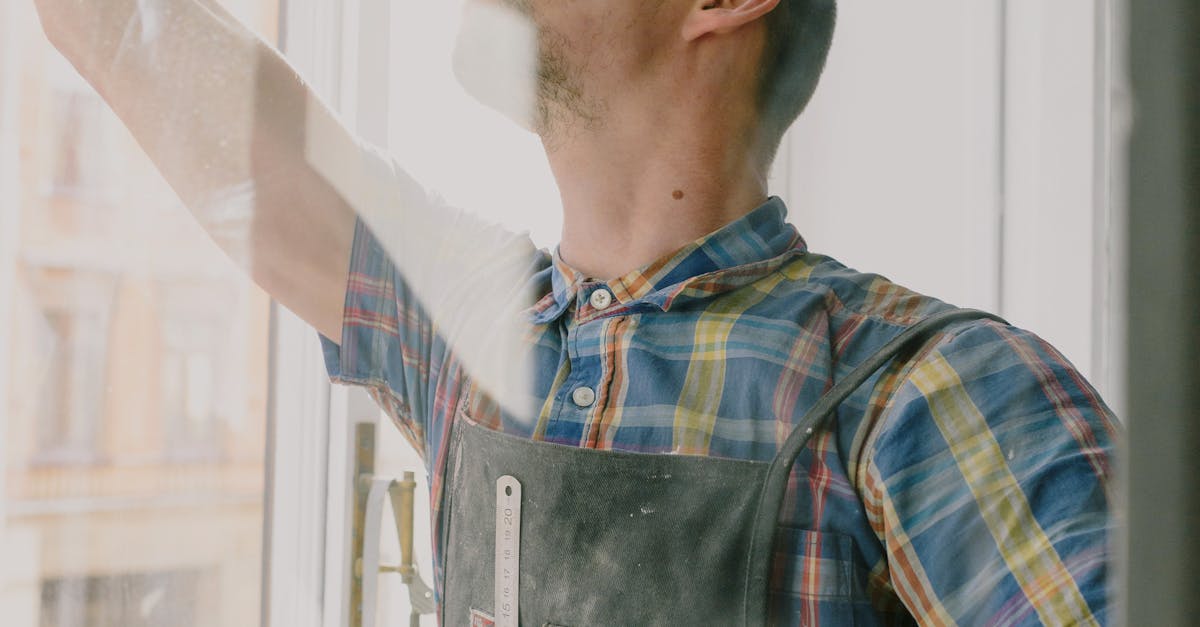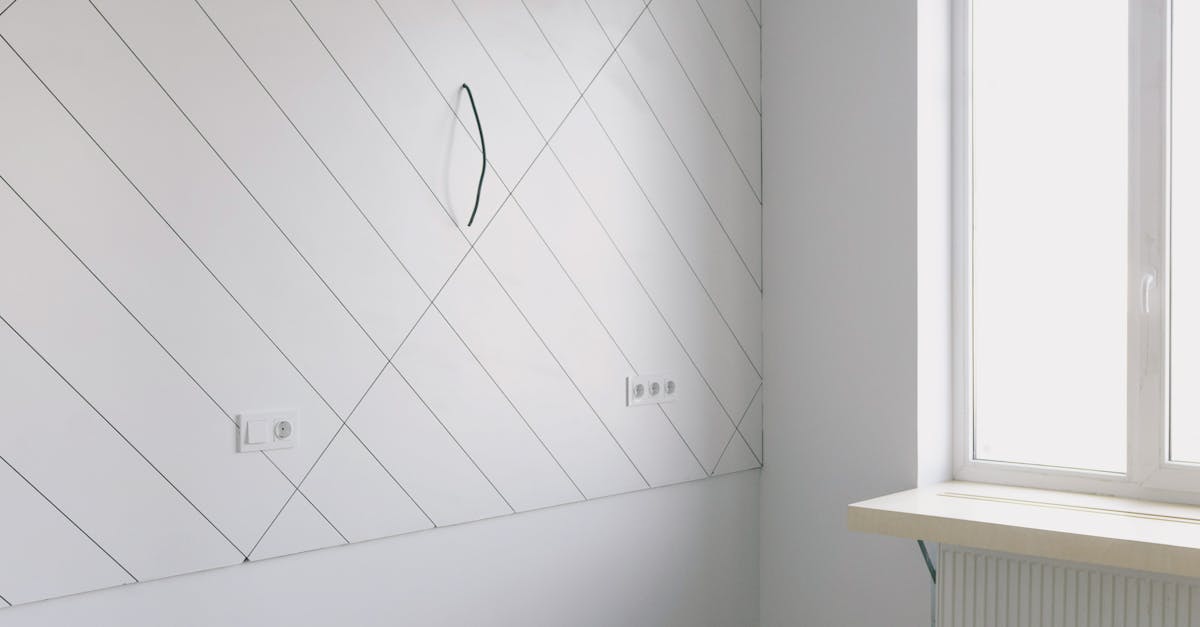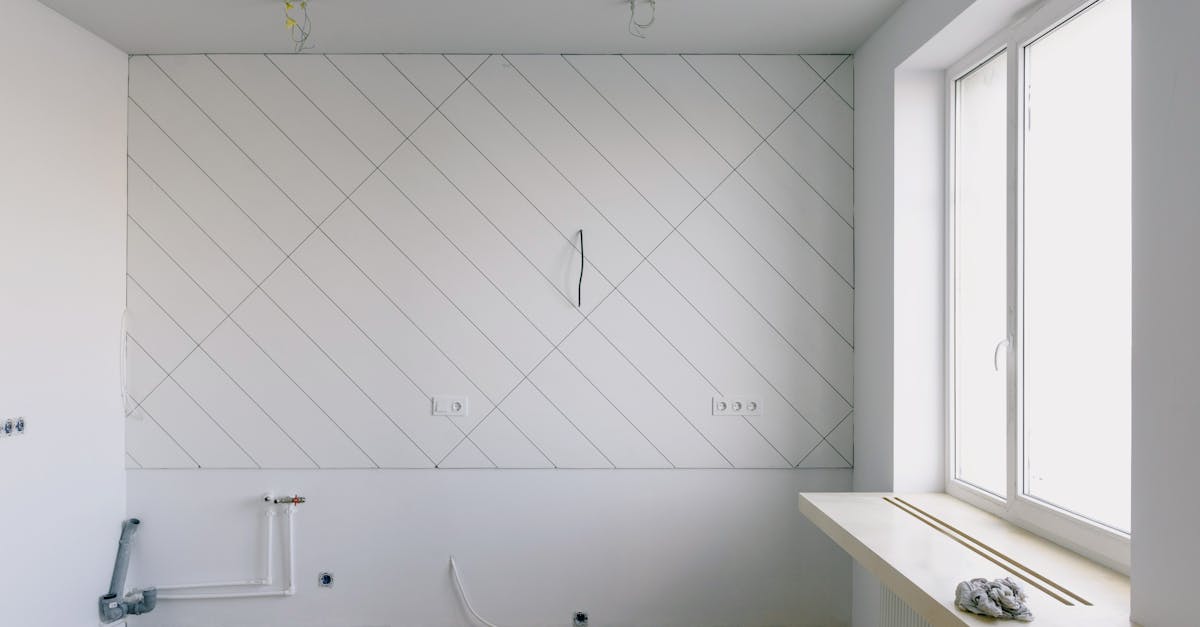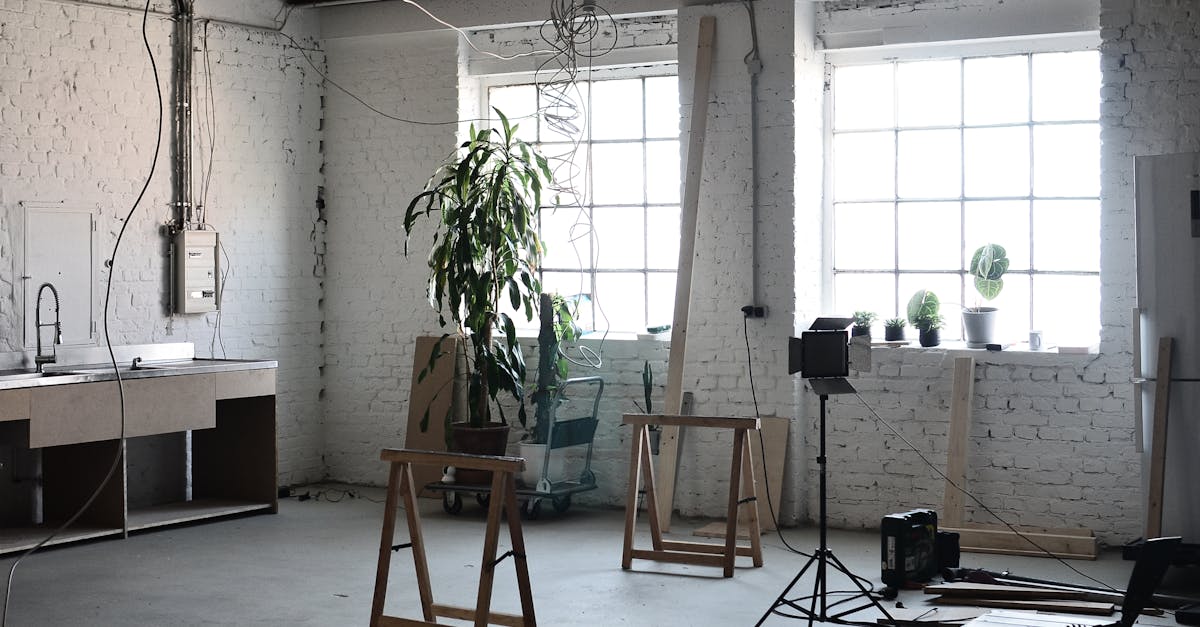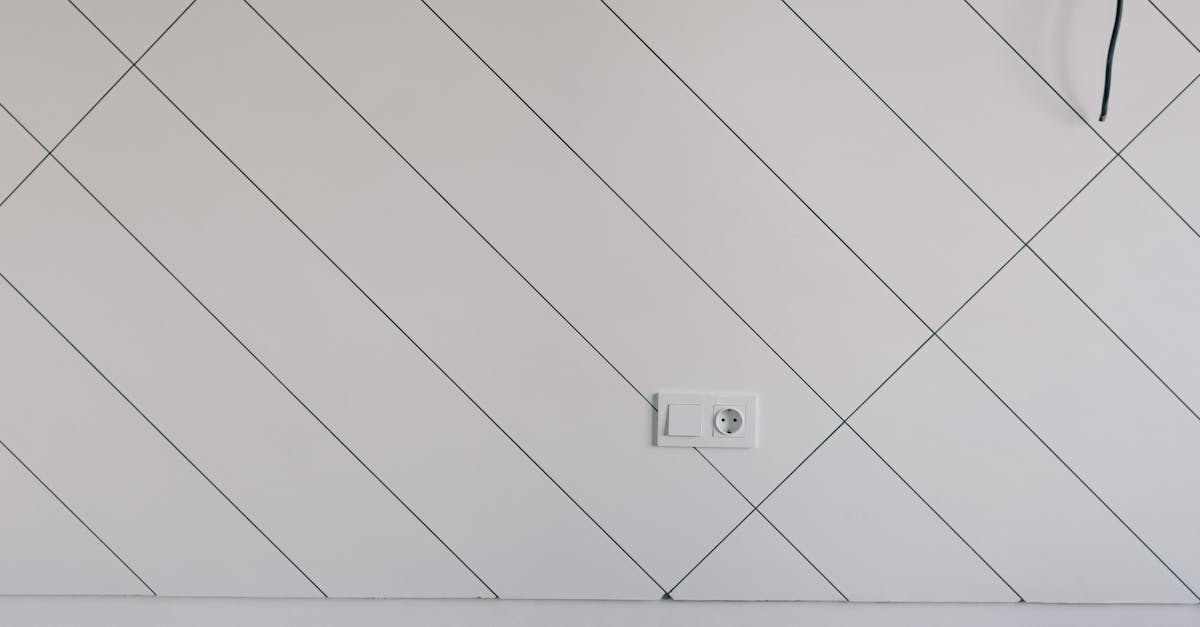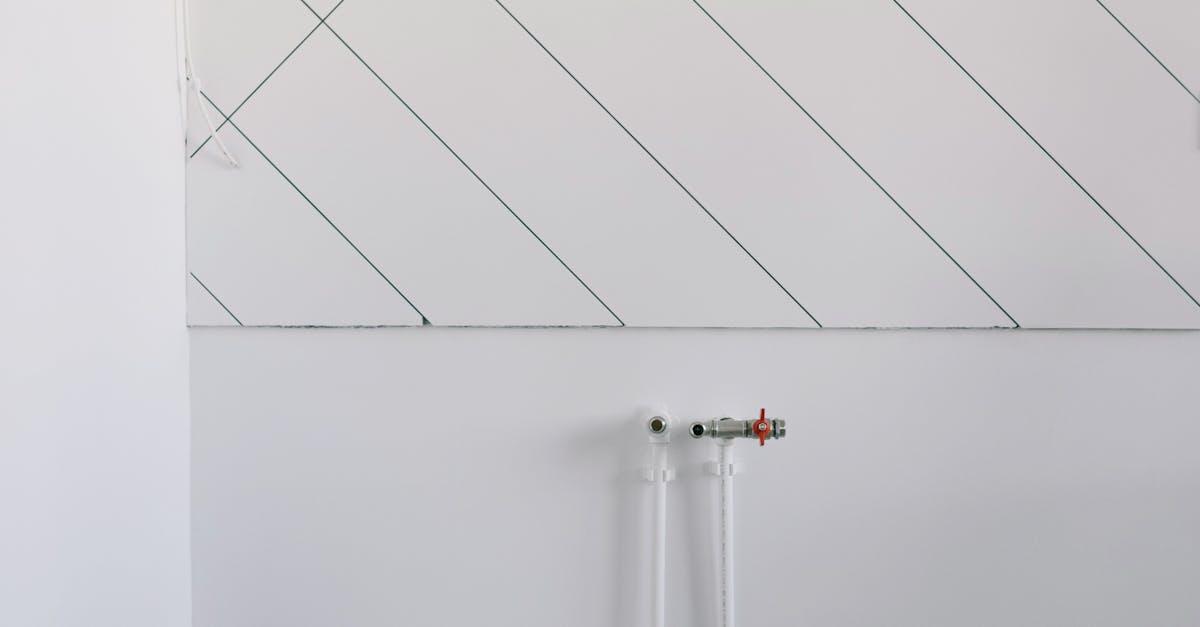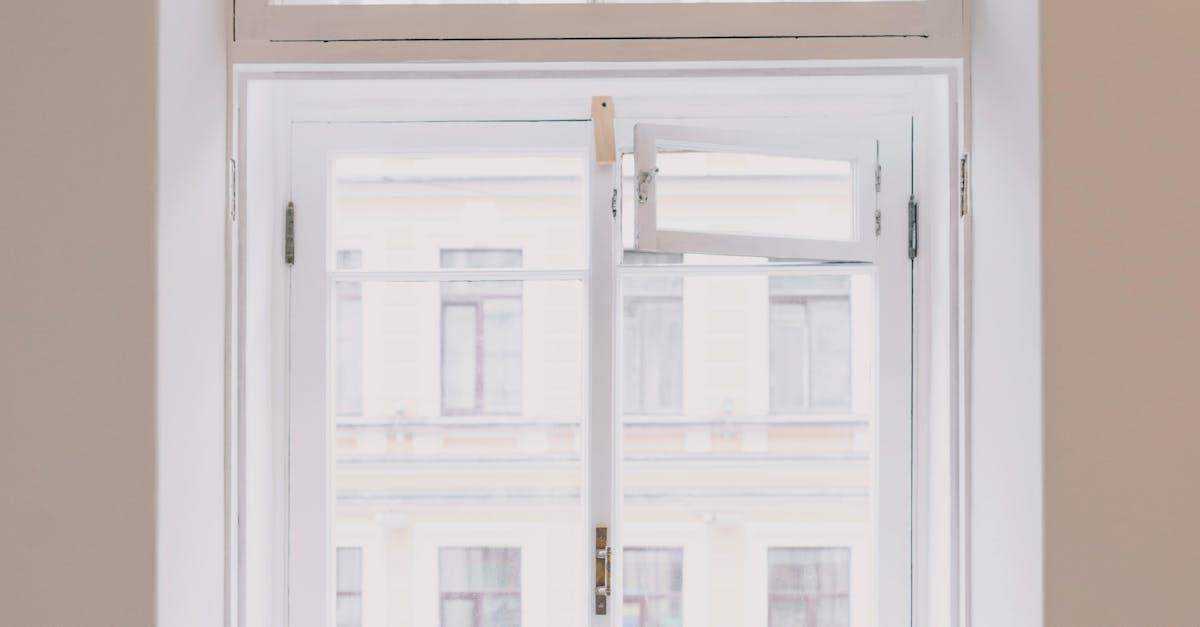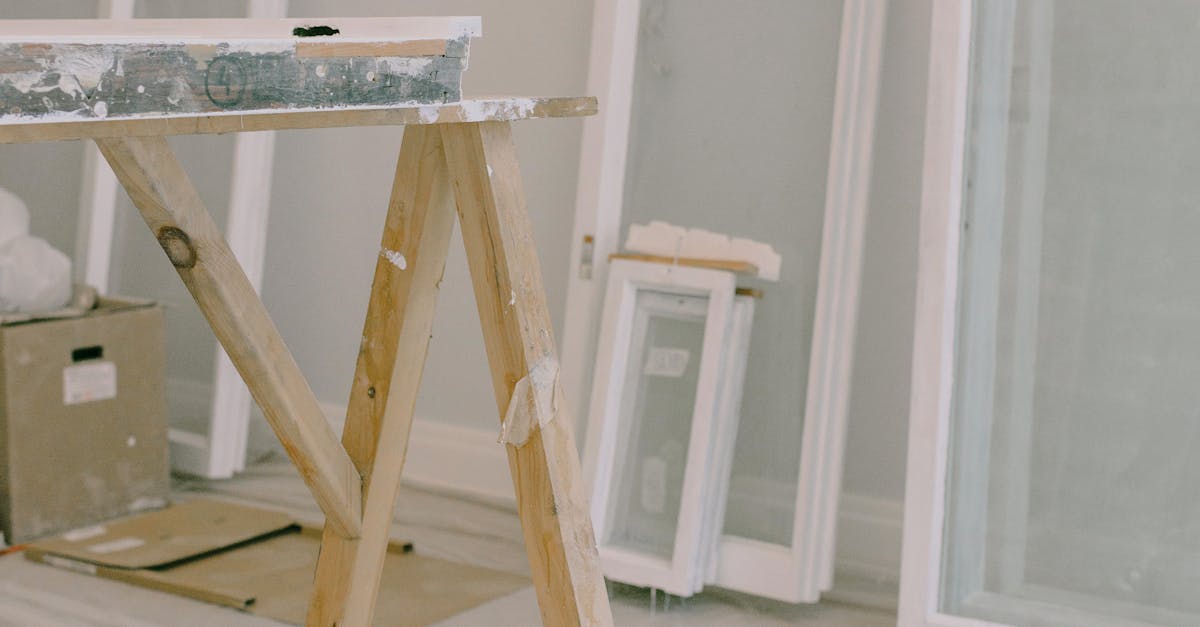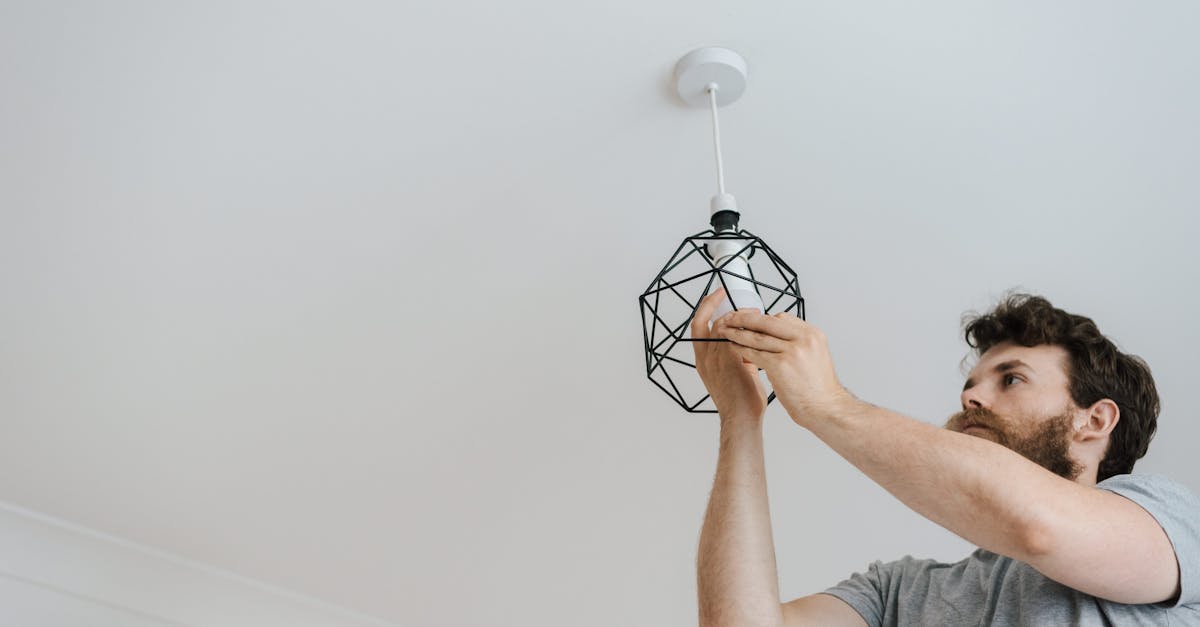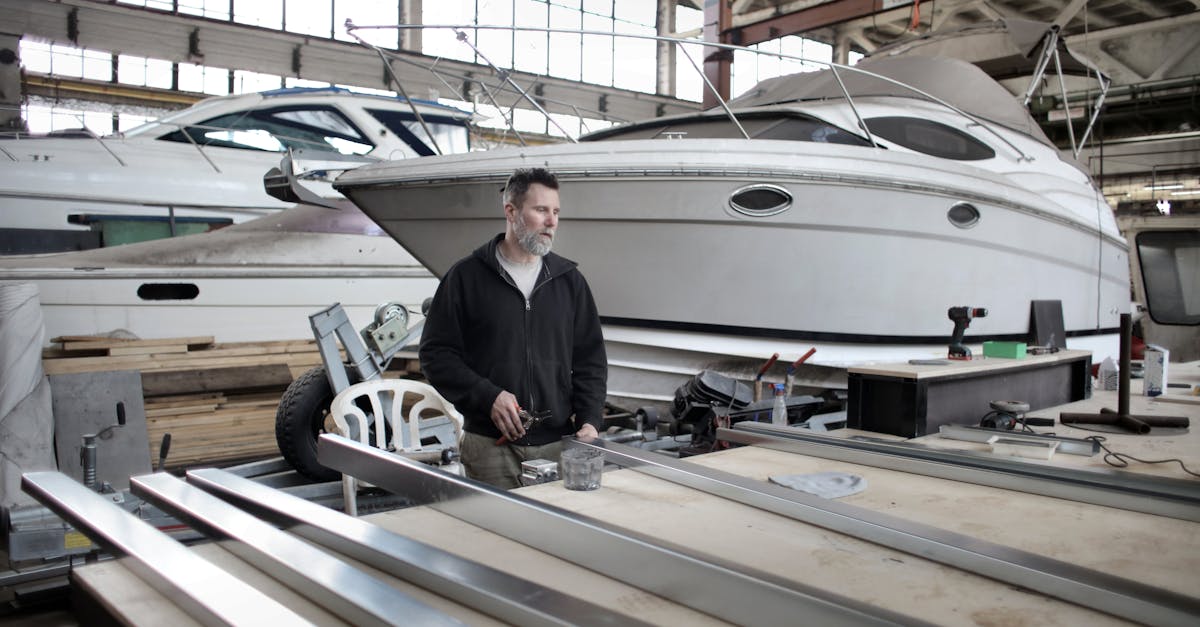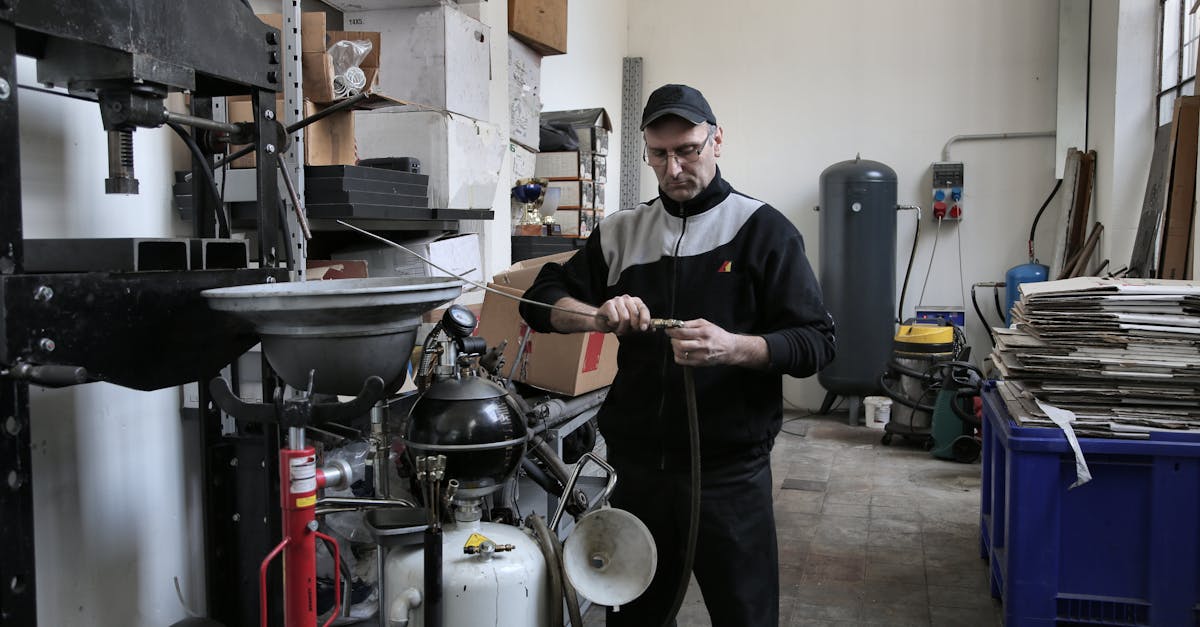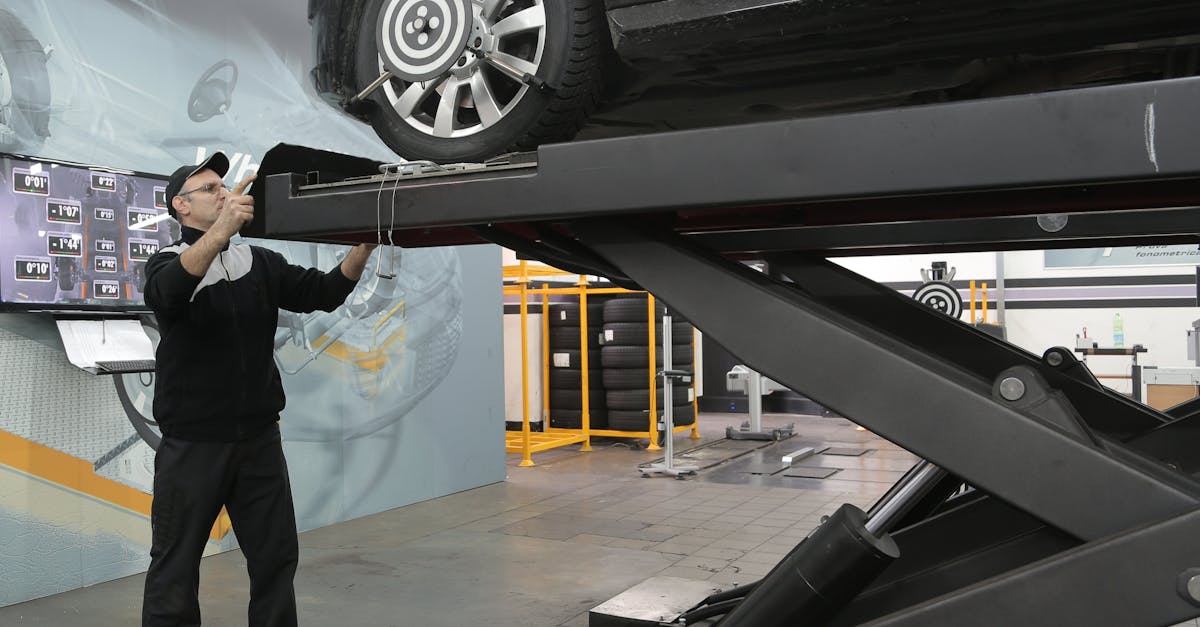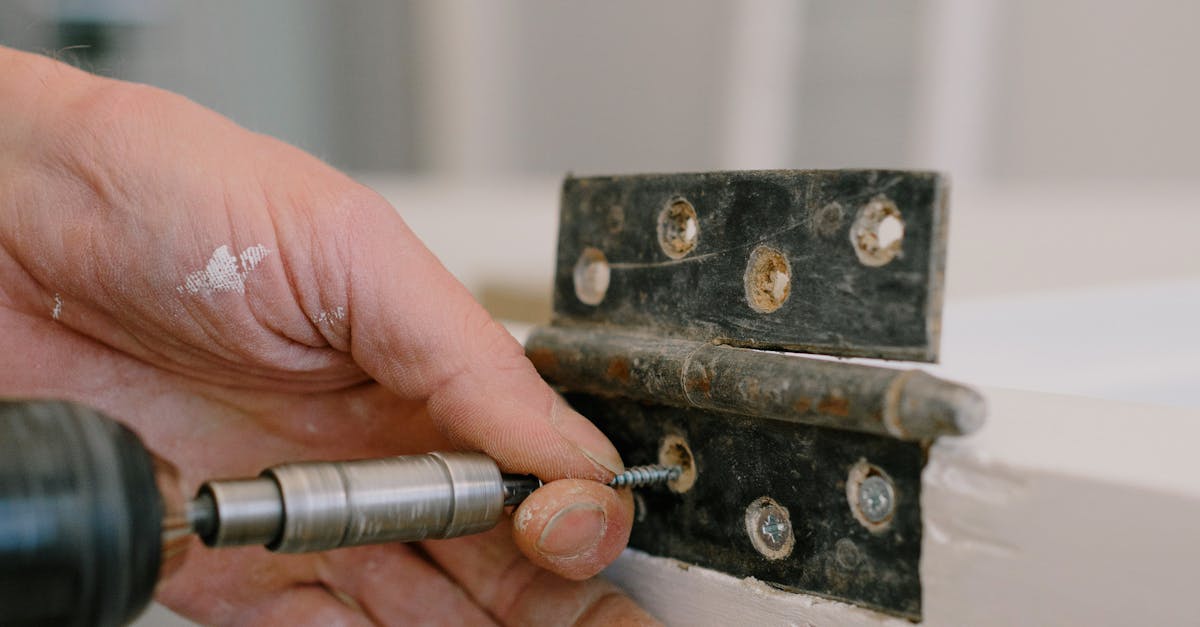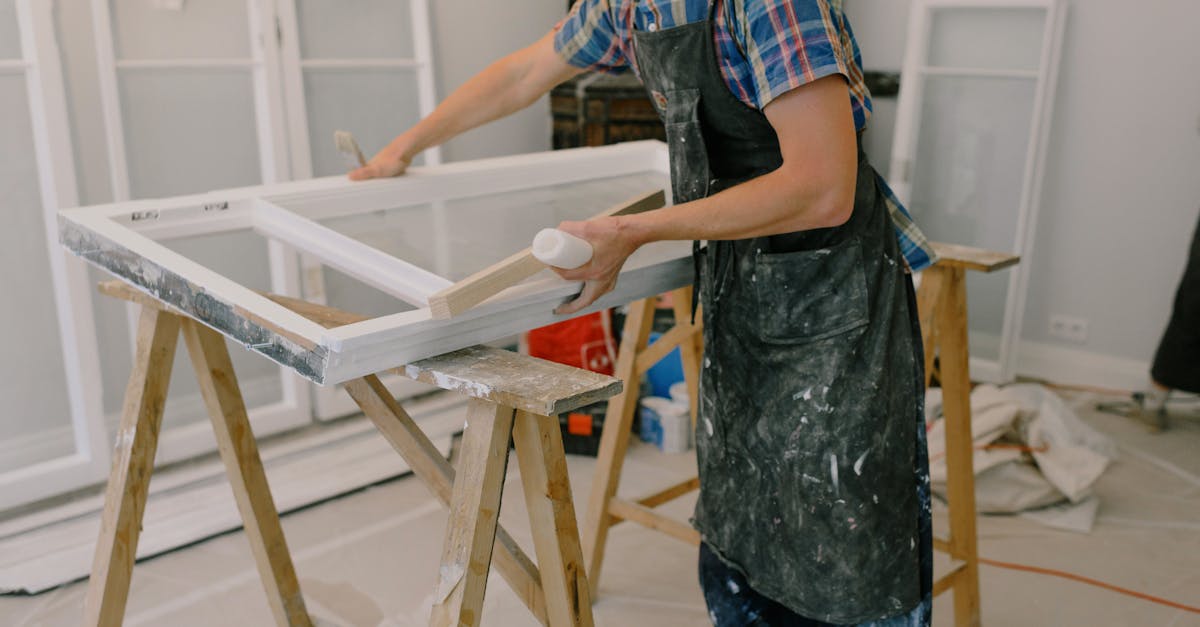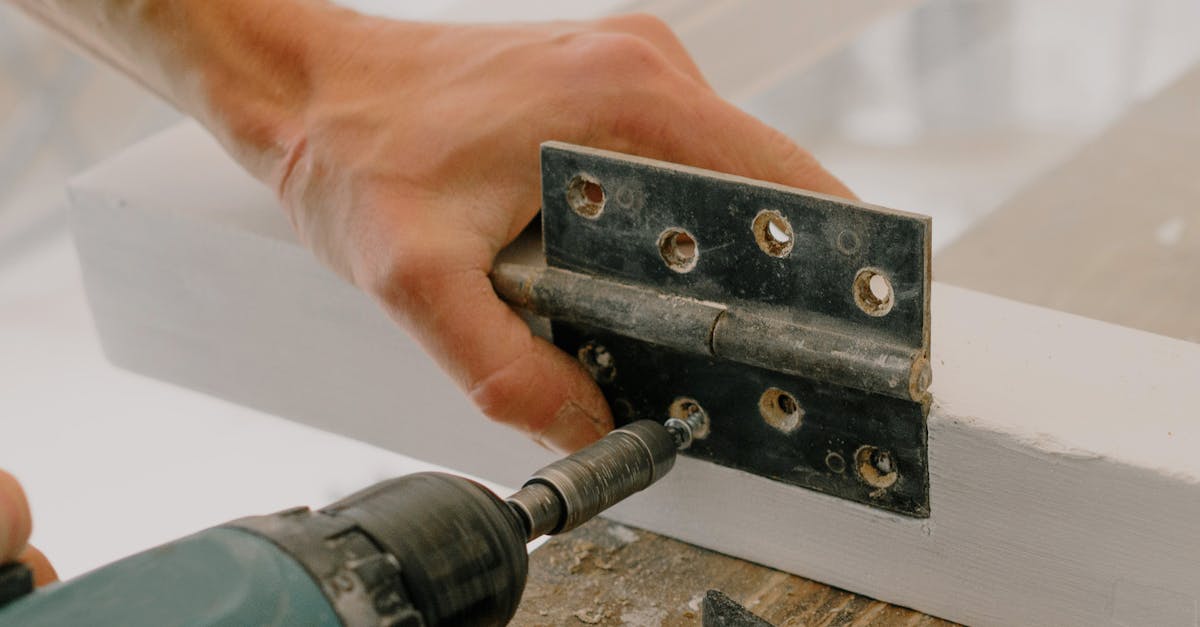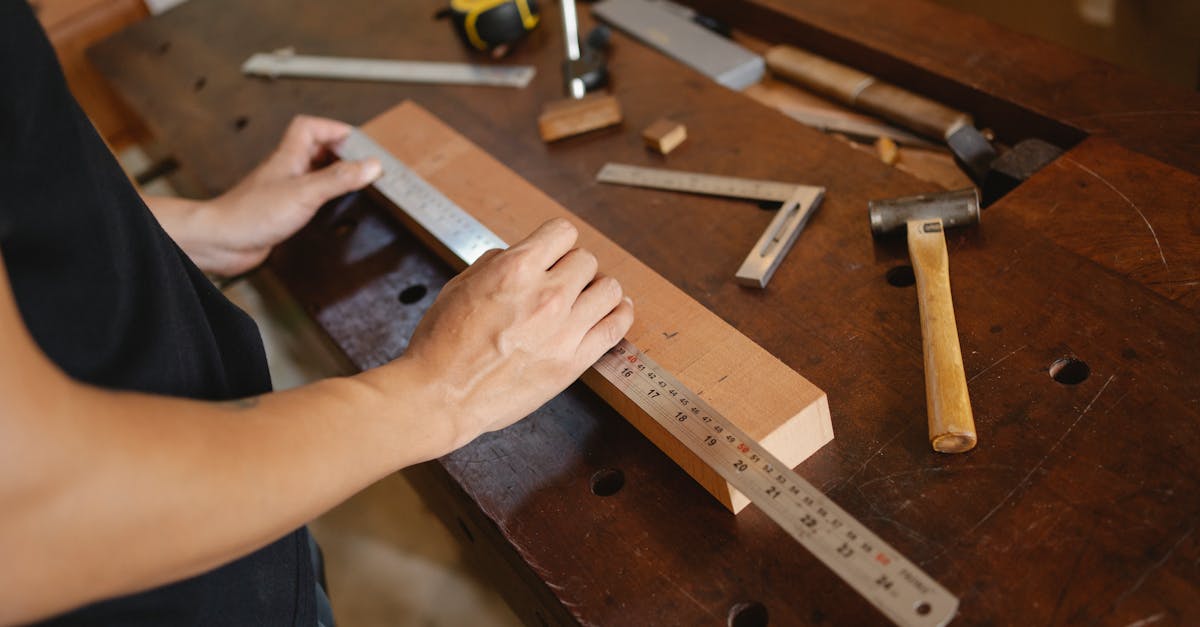
Table Of Contents
Emergency Preparedness for Gas Leaks
Gas leaks can pose serious risks to health and safety, making emergency preparedness critical for any household or business reliant on gas. Immediate action plans should be established and communicated clearly to all occupants. Regular drills help ensure everyone understands the necessary steps, including recognising the smell of gas, evacuating the premises, and notifying emergency services. Having a designated meeting point outside the building allows for a headcount and ensures no one remains inside during an emergency.
Additionally, residents should keep emergency contact numbers readily accessible, including those for gas line installation and repair services. Regularly checking and maintaining gas appliances also plays a vital role in emergency preparedness. Keeping a list of potential hazards and ensuring proper ventilation can significantly reduce the chances of a dangerous leak occurring. Emphasising the importance of routine safety checks serves as a proactive measure in maintaining a safe environment.
Creating a Gas Leak Emergency Plan
Creating a gas leak emergency plan is essential for ensuring the safety of everyone in your home or workplace. This plan should include clear instructions on how to identify the signs of a gas leak, such as a whistling noise, the smell of rotten eggs, or dead vegetation around the gas line. Regularly educate all occupants about these signs and establish a designated meeting point outside the building. This helps ensure that everyone is accounted for after an evacuation.
Gas line installation and repair should be conducted by qualified professionals to minimise risks. In your emergency plan, include contact details for the gas company and local emergency services. Designating these contacts helps streamline communication during a crisis. Additionally, practice regular drills to ensure that everyone knows the evacuation route and understands when and how to act in the event of a gas leak. This proactive approach can significantly reduce confusion and enhance safety.
Proper Maintenance of Gas Lines
Proper maintenance of gas lines is crucial to ensuring the safety and efficiency of gas systems. Regular inspections can help identify any potential issues before they develop into serious problems. Qualified professionals should conduct these inspections, as they have the expertise to detect leaks, corrosion, or other forms of wear and tear that can compromise the integrity of the gas line. Timely actions during maintenance can prevent costly repairs and enhance the lifespan of the system.
Gas line installation and repair must adhere to strict regulations and industry standards. It is essential to keep accurate records of maintenance activities to track the history of the gas lines. Additionally, property owners should engage licensed technicians for any repair work, ensuring compliance with local codes and safety regulations. Preventive maintenance not only promotes safety but also optimises the performance of gas appliances connected to the line.
Routine Maintenance Tasks to Perform
Routine maintenance plays a crucial role in ensuring the safe operation of gas lines. Regularly inspecting connections for signs of wear or damage can help identify potential issues before they become serious hazards. It's important to check for gas leaks by using a soapy water solution, applying it to joints and connections. The presence of bubbles indicates a leak, which should be addressed immediately. Additionally, ensuring that gas appliances are functioning properly is essential for overall safety.
Gas line installation and repair must be conducted by qualified professionals who follow local safety regulations. Scheduling routine checks with licensed technicians will guarantee that all components are properly maintained and compliant with safety standards. Technicians can also inspect the gas pressure, valves, and regulators, ensuring optimal performance. Keeping records of maintenance activities not only aids in accountability but also provides a reference for future safety assessments.
Safe Use of Gas Appliances
Safe use of gas appliances is crucial for ensuring the well-being of your household. Always follow the manufacturer’s instructions regarding installation and use. Ensure that any gas appliances are installed by qualified professionals who specialise in gas line installation and repair. Regularly check for any signs of wear and tear on appliances, and promptly address any potential issues to maintain safe operation.
Additionally, exercise caution when operating gas appliances. Avoid leaving them unattended while in use and establish a routine for turning them off after each use. Familiarise yourself with the gas appliance's specific safety features, such as automatic shut-off valves. Implementing these practices not only enhances safety but also extends the lifespan of your appliances, making them more efficient in the long run.
Guidelines for Installing and Operating Appliances
When installing gas appliances, it is crucial to follow the manufacturer’s instructions closely. Ensure that the appliance is compatible with the existing gas line system. A professional familiar with gas line installation and repair should handle connections to avoid leaks. This process includes properly sealing joints and testing for any potential gas escapes. Adequate ventilation near the appliance is also necessary to prevent the accumulation of harmful gases.
Operating gas appliances requires special attention to safety measures. Regularly check for signs of wear or damage, including frayed hoses or rust. If an unusual smell is detected or if the appliance behaves erratically, it is vital to switch off the appliance immediately. Seek assistance from a qualified technician who specialises in gas line installation and repair to address the issue promptly. This proactive approach helps maintain both safety and functionality.
FAQS
What should I do if I smell gas in my home?
If you smell gas, evacuate the premises immediately, avoid using electrical switches or open flames, and contact your gas provider or emergency services from a safe distance.
How often should I have my gas lines inspected?
It is recommended to have your gas lines inspected at least once a year or whenever you notice signs of wear, leaks, or unusual odours.
What routine maintenance tasks should I perform on my gas lines?
Routine maintenance tasks include checking for leaks using soapy water, ensuring that gas appliances are in good working condition, and verifying that all connections are secure.
What guidelines should I follow for installing gas appliances?
Always follow manufacturer instructions, ensure proper ventilation, have appliances installed by a licensed professional, and check that they comply with local safety regulations.
How can I prepare for a gas leak emergency?
To prepare for a gas leak emergency, create a gas leak emergency plan, educate all household members about gas safety, and establish a designated meeting point outside your home.
